How to Minimize Home Liability Claims During the Winter
While accidents can happen throughout the year, the winter season tends to bring a heightened risk of injuries around the house. When completing a seasonal residential inspection, make homeowners aware of these common dangers during the winter:
1. Secure Ladders
Ladders are often involved when putting up or taking down holiday decorations. If it’s been a while since the ladder has been used, remind homeowners to first check for loose screws or broken hinges before using the ladder. As a best practice, a second person should support the ladder when it’s being used. And, of course, remind homeowners to safely store the ladder away when it’s not being used.
2. Remove Hazards
There are a number of occasions that bring people together for gatherings during the winter season. Use a residential inspection to make homeowners aware of potential hazards around the house, such as a step down into a sunken living room or the transition in floor surfaces between rooms. To minimize the risk of injuries, recommend that homeowners mark these potentially hazardous areas with signs to give guests warning.
3. Childproof
If children are expected to be guests on the property, homeowners should proactively childproof the home by adding covers to sharp edges of furniture and countertops, moving furniture away from windows, and keeping items such as pills and detergents out of reach.
4. Add Lighting
Ensuring that the property has ample lighting helps to deter burglars and keeps guests safe. When completing a residential inspection, it’s best to make sure that the entrance to the property is well-lit. Homeowners should also be advised that hallways, stairways, and exit points need to be illuminated to minimize the risk of injury.
5. Consider Pets
If you notice during a residential inspection that a homeowner has a pet, take the time to talk to him or her about how the pet is handled when guests come to the house. The laws surrounding dog bites vary from state to state. While a dog bite may be unlikely, pet owners need to make sure they have the right liability coverage in place in the event of the unexpected.
Our team at Insurance Risk Services can help you to minimize home liability claims by using a residential inspection to educate insureds about common injuries that can happen around the home in the winter.
Contact us at Insurance Risk Services to learn how we can help you add value to your relationships with homeowners through a residential inspection.


